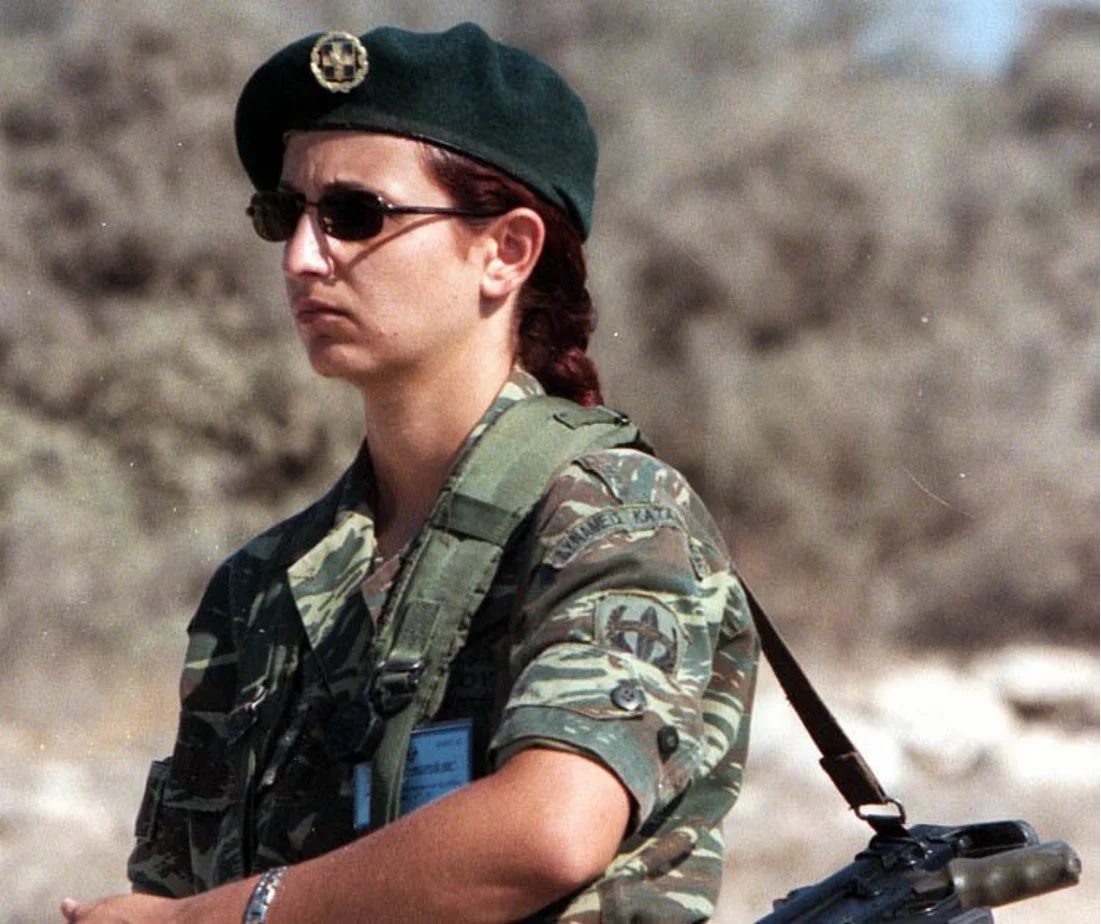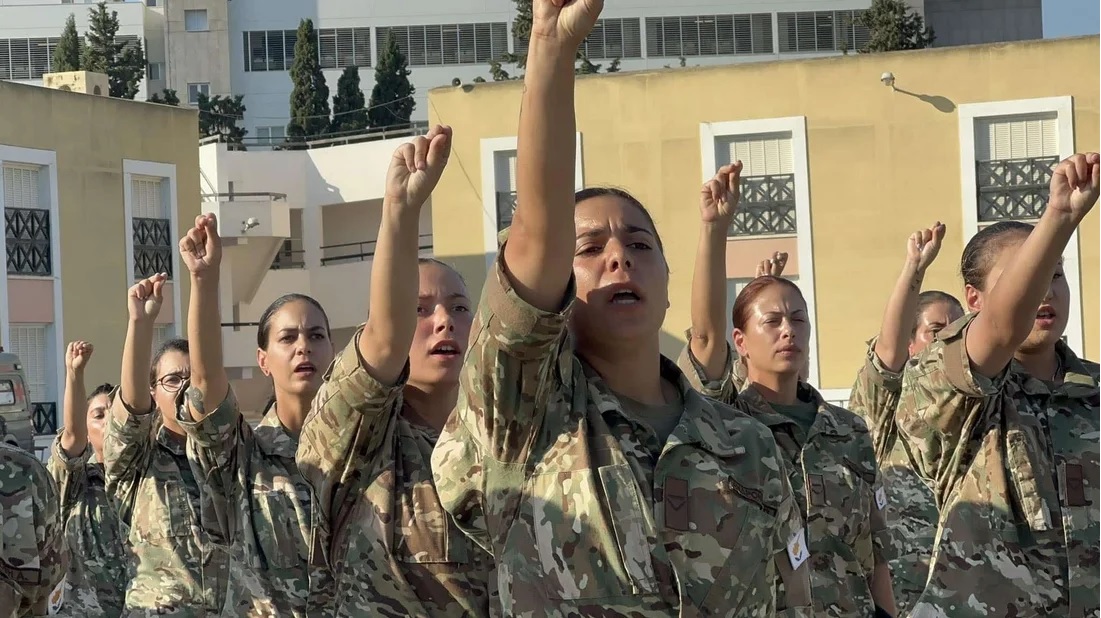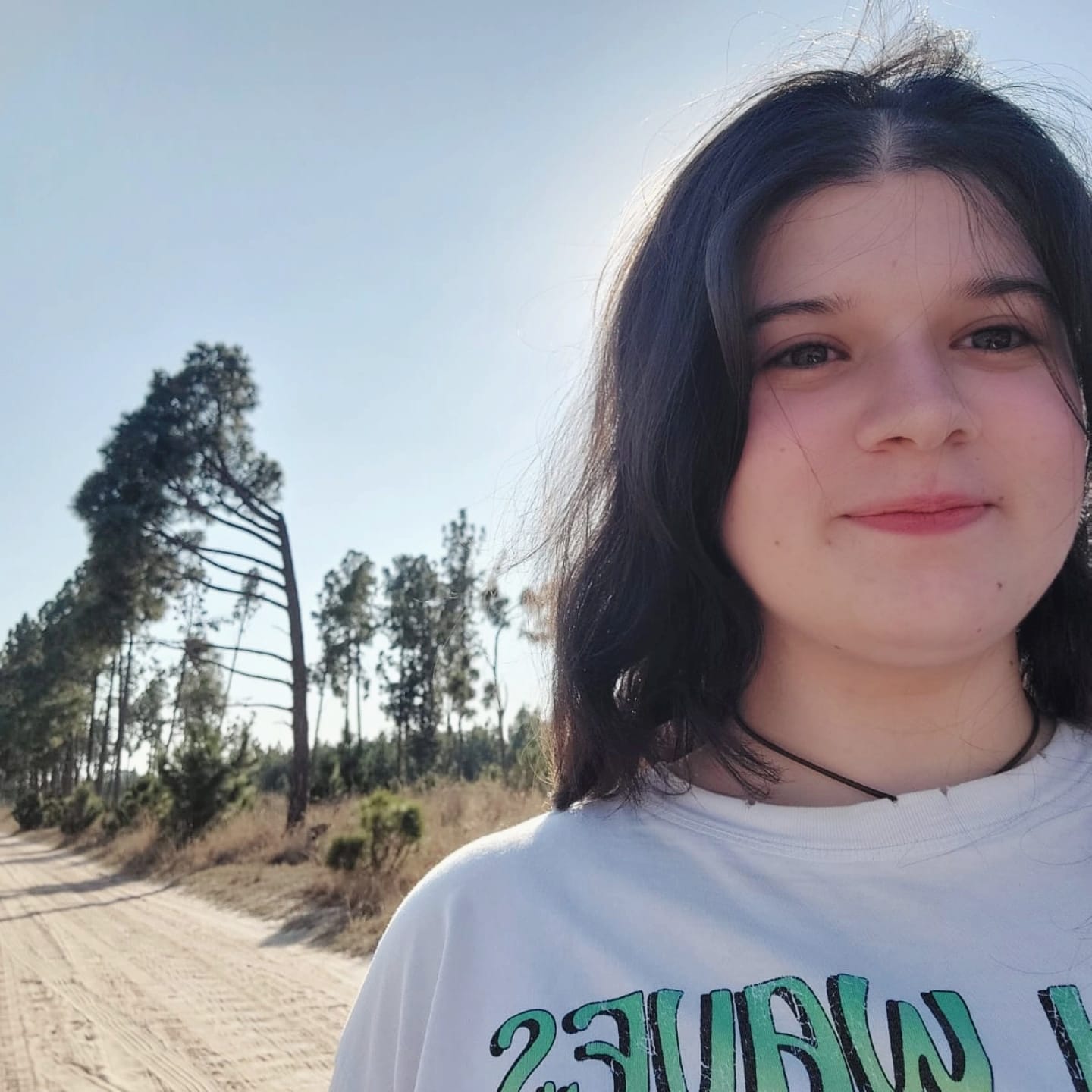‘Whatever a man can handle, a woman can handle’
Cyprus has opened the doors for women aged 18 and over to voluntarily enlist in the National Guard. While women have long served as officers and contract soldiers (Syops), this expansion reflects the government’s broader commitment to advancing gender equality and modernising the military’s structure.
The defence ministry has set the dates for voluntary conscription, with an official announcement expected on Monday following the legal publication of the ministerial decree in the government gazette, Ministry Spokesperson Christos Pieris confirmed.
The initial call-up is scheduled for October 30 and 31 at the Limassol recruitment training centre, where volunteers will begin their basic military training for approximately 10 weeks.
Pieris said that “during those first 10 weeks, female volunteers will be housed separately in dedicated barracks for women. There will be common areas for genders, but their basic military training will primarily take place within this separate facility.”
Following the completion of this initial phase, a selection process will determine where volunteers will serve.
“The ministry will take into serious consideration individual preferences regarding the district of service,” Pieris said, adding that “separate accommodation and hygiene facilities have been arranged for women in the selected military camps.”
Specialized training will follow, lasting between four and six weeks. During this period, volunteers will train alongside male soldiers in their selected specialties. Upon completion, they will progressively integrate and become full members of their respective units.
The spokesperson was clear that there are no differences in activities between male and female recruits. “The experience so far with female contract soldiers (Syops) shows that women can do exactly the same tasks as men without any problem,” he stated.
“Whether it is operating weapons systems, basic military training, or taking part in marches, the capabilities are equal. Whatever a man can handle, a woman can handle; there is no issue,” Pieris emphasised.
Addressing possible resistance to the change within the military, Pieris assured, “nothing has come up so far.”
Yet interviews with military professionals who requested anonymity suggest the situation isn’t quite as straightforward.
One female contract soldier says that reactions to the policy change are divided among her colleagues: “Some are positive, some negative; unfortunately, not everyone shares the same view.”
She believes military service should be mandatory for both men and women.
“Either everyone or no one,” she stated, expressing concern that many women may opt out if participation remains optional.
When asked why women might choose to enlist, she points to curiosity as a key motivator. Reflecting on her own experience, she explains, “I joined out of necessity and curiosity. I didn’t have a job; I applied and was recruited. The army intrigued me.”

The Syop also sees potential social value in increasing the presence of women in the military. She believes that gender inclusion could contribute to greater equality in society.
She described the presence of women as having a balancing social effect: “Rather than everyone being men, with women circulating among them, the situation becomes somewhat socialised.”
A fellow officer described the introduction of voluntary conscription for women as a significant and positive development, stating that it “strengthens the capacity of the National Guard.”
Reflecting on how women’s presence might affect military culture and function, he foresees low likelihood of major disruption.
“Because women have been serving in the military as professional soldiers and volunteers for the past seven to eight years, the service is already familiar with how to work with women. So, it will hardly affect operations but will change the mindset and culture of our society.”
His personal experience working alongside female soldiers has been positive. “I know the women who already serve as Syops. We work together all day, and everything is fine; we have no issues.”
A less optimistic view was expressed by one retired senior military official, who has strong reservations about the current approach to women’s voluntary conscription, questioning its necessity.
“Many women already serve under Syop terms, working for two years and leaving when better opportunities arise. So what’s the point of enlisting voluntarily for next to no pay?”
The former official argued that if gender equality were truly the goal, military service would be made compulsory for both sexes. “If the Syop system didn’t exist […], I would support voluntary conscription for those who wish to join.”
His personal preference is that women too had mandatory conscription, believing that conscription builds patriotism, cultivates responsible citizenship, and builds long-lasting friendships.
“The army and male conscription are like a university for some. Those who serve can learn a great many things; not just how to handle a weapon but also discipline, managing personal finances, and understanding that freedom is limited because they have restricted leave days each week.”
He praised the women he had worked with during his time in the military, saying they were “excellent in their work […] They were organised and responsible.”
While he acknowledged that some physical tasks might require assistance, the former officer insisted that women are more than capable of meeting military demands, saying “wherever women go they succeed.”
Two high school students in their final year also weighed in on the discussion, offering a mix of optimism and personal hesitation.
Seventeen-year-old Andrea voiced strong support for the policy, calling it a sign that Cypriot society is moving forward.
“I personally know women who would have loved to join the military air force, but they couldn’t. They’re a little older than me, and they had to go to Greece to do that because Cyprus didn’t offer the opportunity.”
She sees female conscription as a way to break down outdated gender stereotypes, especially those related to physical strength. “I go to the gym; I might be as strong as an average teenage boy who doesn’t,” she said.
For her, normalising women in the armed forces could challenge sexism and shift perceptions. “If we portray more women fighting or showing their power, I feel there won’t be as much sexism in this country.”
Yet despite her support, Andrea herself would not enlist, citing a general disinterest in military life and a dislike of war, adding that, in her opinion, military service should be voluntary for both men and women.
Another high-schooler, Anna, also 17, echoed Andrea’s support for the policy in principle but made clear that military life isn’t for her.
“I would never want to join the military. I hate war, and I would never want to do anything associated with it; so, for me, that was an immediate no.”
Still, she believes gender should not be a barrier. “Just like with any other job, one’s gender shouldn’t matter.” At the same time, she expressed concern that women in the military will face unfair treatment.
“They’ll be seen as less feminine, but also as weaker, physically and emotionally.” However, she added, “That’s true for any male-dominated field, and women have still rushed through and become part of them.”
Anna believes that despite the challenges, service could build internal strength and resilience.
“Challenges do make you grow as a person,” she says.
As for how this policy might affect societal views, she remains sceptical but hopes to be wrong.
“I do hope that as more women start to join the military, we can slowly phase away from femininity being seen as a weakness or a disease. I’m hoping that, over time, we stop seeing it as an insult and more as just a personality trait, something that isn’t inherently negative.”
The degree to which extension of voluntary enlistment to women will indeed impact society and the National Guard remains to be seen. Early responses range from optimism about greater equality and strengthened capacity, to scepticism over whether optional service can deliver meaningful change.
How this change is ultimately received, both inside the barracks and across society, will become clearer in the months ahead, as the first volunteers complete their training and take up posts alongside their male counterparts.






Click here to change your cookie preferences